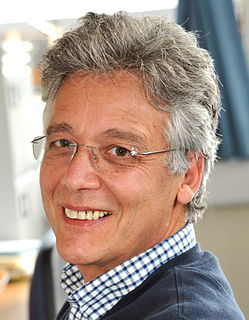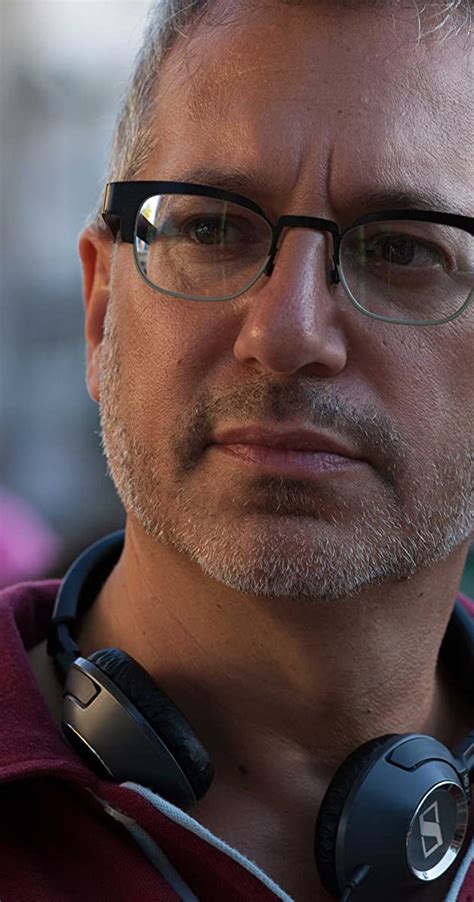A Quote by Jose Gonzalez
Postpartum depression is very, very common but a lot of people just don't recognize that they have it. A lot of physicians also don't ask (patients) about it, so it's a problem from both sides.
Related Quotes
I think what both Republicans and Democrats need to do and the leaders on both sides is to recognize that if sequester takes place, it would be disastrous for our national defense and very frankly for a lot of very important domestic programs. They have a responsibility to come together, find the money necessary to de-trigger sequester.
Depression is a serious problem, but drugs are not the answer. In the long run, psychotherapy is both cheaper and more effective, even for very serious levels of depression. Physical exercise and self-help books based on CBT can also be useful, either alone or in combination with therapy. Reducing social and economic inequality would also reduce the incidence of depression.
There's been a bit of confusion about Showscan. The basic problem was, it was film and it was 70 mm and it was a lot of it, so the negative cost was very high, the print costs were very high, and it also required conversion of the projectors and theaters and a lot of costs. I just couldn't get any traction in the theatrical movie industry to do it.
Just from my own experience, a lot of the comedians I used to work with were miserable in their actual lives. I think you need to be able to see a lot of negative in things in order to extract material, so there's probably something to that. A lot of the people I used to work with were very, very, very unfunny offstage, so that's a pretty common thing.
The rhythm of music is very, very important for people with Parkinson's. But it's also very important with other sorts of patients, such as patients with Tourette's syndrome. Music helps them bring their impulses and tics under control. There is even a whole percussion orchestra made up exclusively of Tourette's patients.
At uni I met a lot of people I had nothing in common with. Some were very clever, some very rich, some very sporty. Some of them became my best friends, but not at first. Having things in common isn't always the best start to a friendship. I'd stick with it! Also, try to chat to people when they're on their own. So many people feel they need to perform in big groups.
There's a classic medical aphorism: 'Listen to the patient; they're telling you the diagnosis.' Actually, a lot of patients are just telling you a lot of rubbish, and you have to stop them and ask the pertinent questions. But, yes, in both drama and medicine, isolated facts can accumulate to create the narrative.
Running for office in our country takes a lot of money, and candidates have to go out and raise it. New York is probably the leading site for contributions for fundraising for candidates on both sides of the aisle, and it's also our economic center. And there are a lot of people here who should ask some tough questions before handing over campaign contributions to people who were really playing chicken with our whole economy.
I talked to over two hundred patients and family members about their experiences with aging, serious illnesses, and the big unfixables. But I also spoke with scores of physicians, and especially geriatricians, palliative care doctors, hospice nurses, and nursing home workers. The biggest thing I found was that when these clinicians were at their best, they were recognizing that people had priorities besides merely living longer. The most important and reliable way that we can understand what people's priorities are, besides just living longer, is to simply ask. And we don't ask.



































